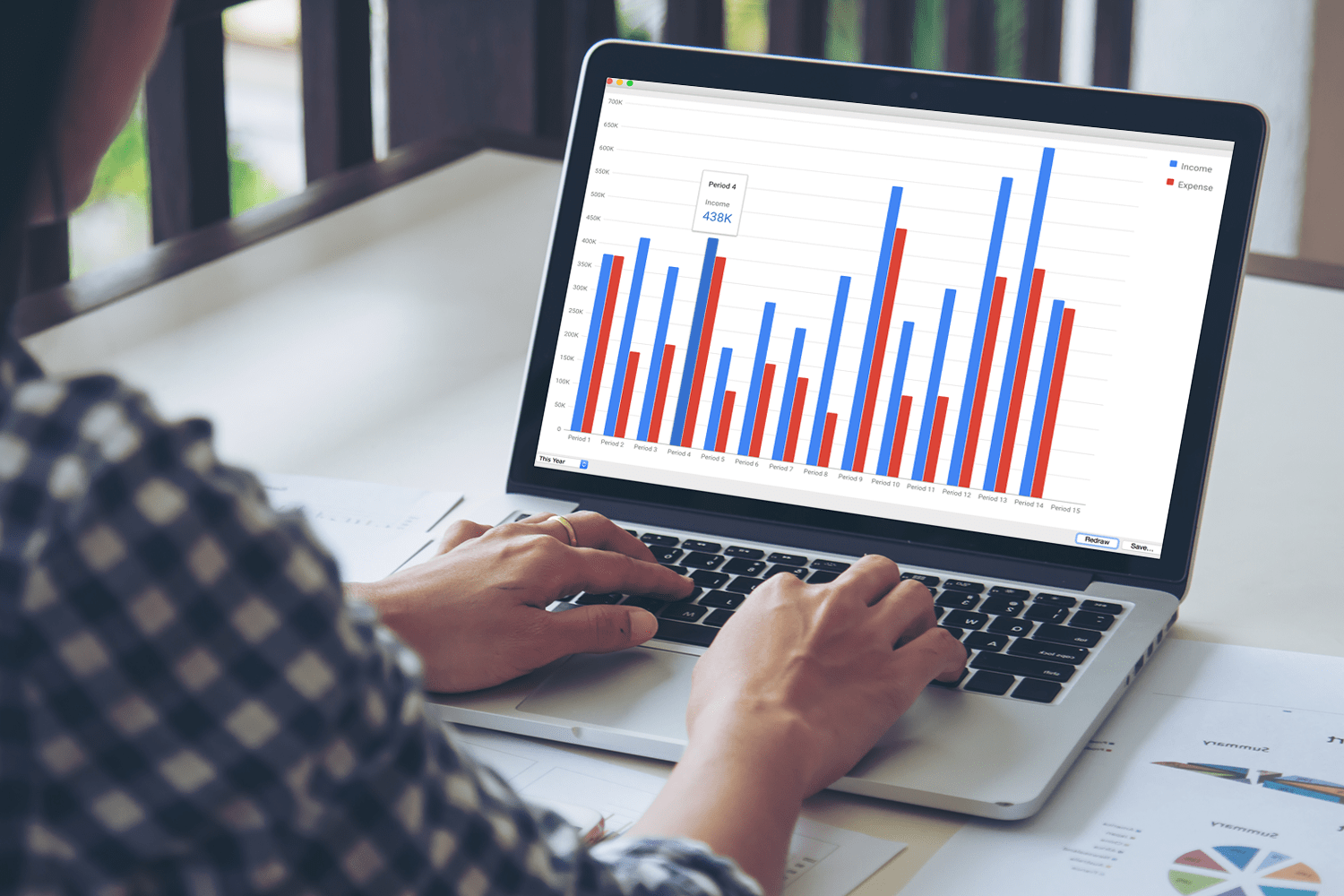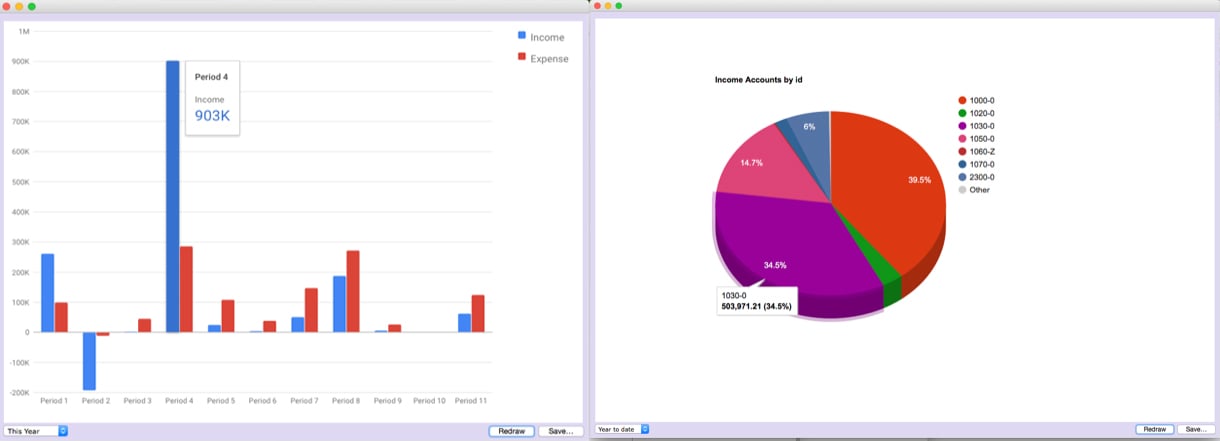December 11, 2017 * John Adams at 9:22 am
SapphireOne ERP Dashboard and Revenue Recognition to Maximise Efficiency

It is now common knowledge that humans are more of visual learners than they are verbal learners. On the average, an individual is likely to remember just 10% of what he hears, 20% of what he reads, but a whopping 80% of what he/she sees, according to one research conducted by Jerome Bruner of the New York University. This is where ERP dashboard and revenue recognition comes into play.
Images create a long lasting impression on our memories than spoken or read information. This explains why you are more likely to remember the face of an old-time acquaintance than remember his/her name. If you are a business owner, professional service or software company CEO, then you should be looking to exploit this innate preference for information presented in a visual format by incorporating an Enterprise Resource Planning (ERP) dashboard.
SapphireOne ERP Dashboard
ERP Dashboard go by many names. You most likely would have heard them being called Business Intelligences or Performance Indicator Dashboards. Regardless of the name, these software do one thing – present business statistics and performance indicators in a visually attractive and graphically intuitive interface. SapphireOne ERP dashboard utilize graphs, bar charts and other visually engaging design elements that provide a succinct overview of a business’s financial standings.
Maximise Efficiency
The breadth of information provided by SapphireOne ERP Dashboard and the style in which they are presented provide vital metrics and data analysis that make it easier for business managers to make informed guesstimations and calculated decisions. From resource deployment, sales information, to project statuses, an SapphireOne ERP system equipped with a fitting dashboard is a financial manager’s delight – allowing them to be more responsive to financial issues and monetary concerns, especially when it’s related to revenue recognition. It also allows users to reconfigure and customise their dashboards around the tasks and information they use most frequently.

ERP Dashboard and Revenue Recognition
Recognising revenue is no doubt a tedious process. From tracking final sales price of every element (inclusive of post-contract support, license, and implementation) to confirming delivery and then resolving each unique evidence of fair value, it’s one management protocol that tests the capabilities of management staffs. By default, Dashboard cannot directly help in calculating revenue recognition; what they can instead do is to provide coalesced estimates of former, present and predicted business revenues in one centralized interactive interface.
To gain a clearer picture of how a Dashboard efficiently parses projected revenue let’s consider the Dashboard revenue recognition of SapphireOne, one of the leading ERP systems available in market today. As you would expect, SapphireOne’s Dashboard broad-spectrum capabilities allow it to display past, current, and future revenue information sets graphically. In the case of future forecasts, SapphireOne utilizes a data feed derived from previous sales to make intuitive revenue recognition predictions; managers can at the click of a button select a graph or chart that gives a privileged insight on anticipated revenue recognition based on a real-time analysis of past sales. SapphireOne makes all this and more happen through its unique and expertly curated centralized database. It is this centralized database that facilitates seamless retrieval and analysis of former, current and future data sets.
Dashboards are without a doubt a versatile tool for every business manager looking to stay on top of managing their businesses. With Sapphireone’s ERP system and it’s intuitive dashboard, you’re provided an eagle-eye perspective of your business compete with real-time updates, analysis, and calculated forecasts.
Looking to boost your financial management potential with a Dashboard equipped ERP, feel free to contact us or request a live demo.
Tags : -


































































































































































































































































































































